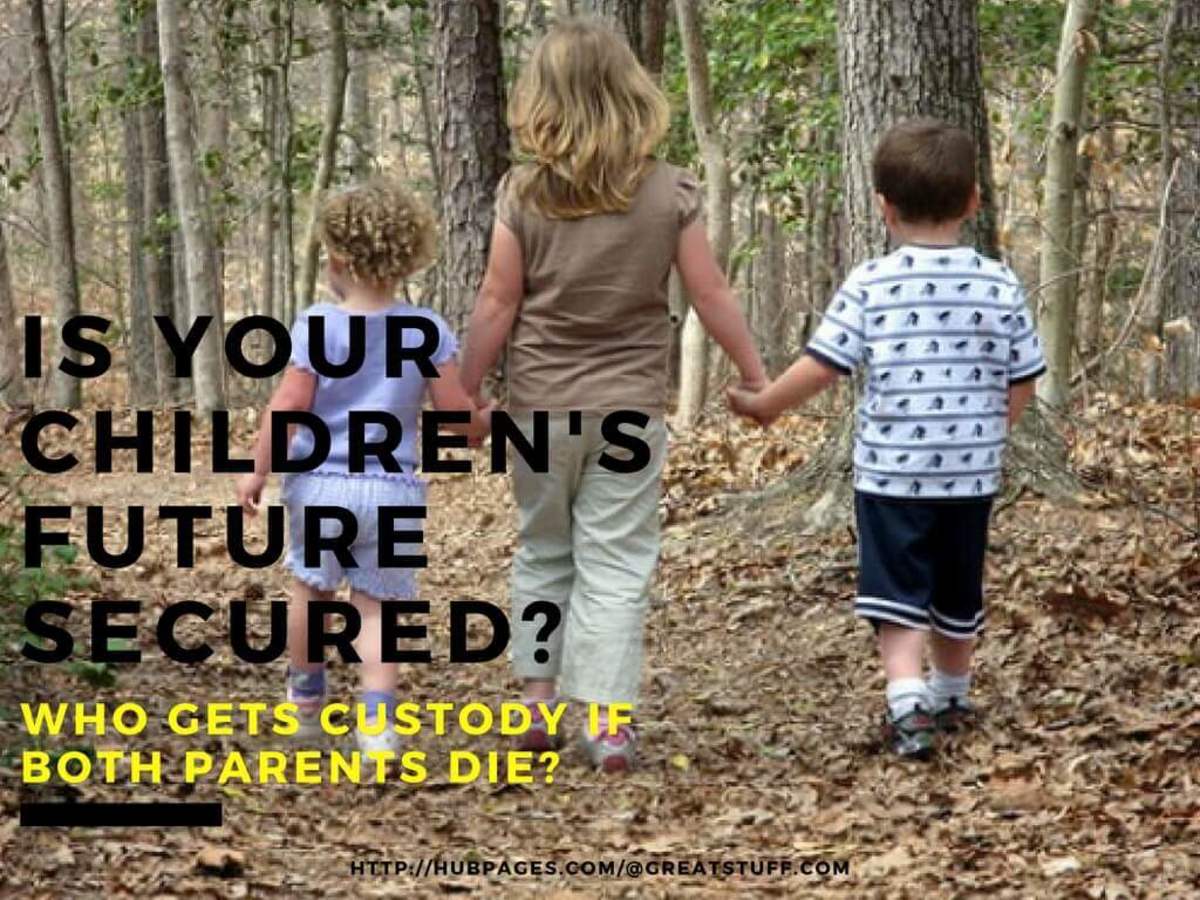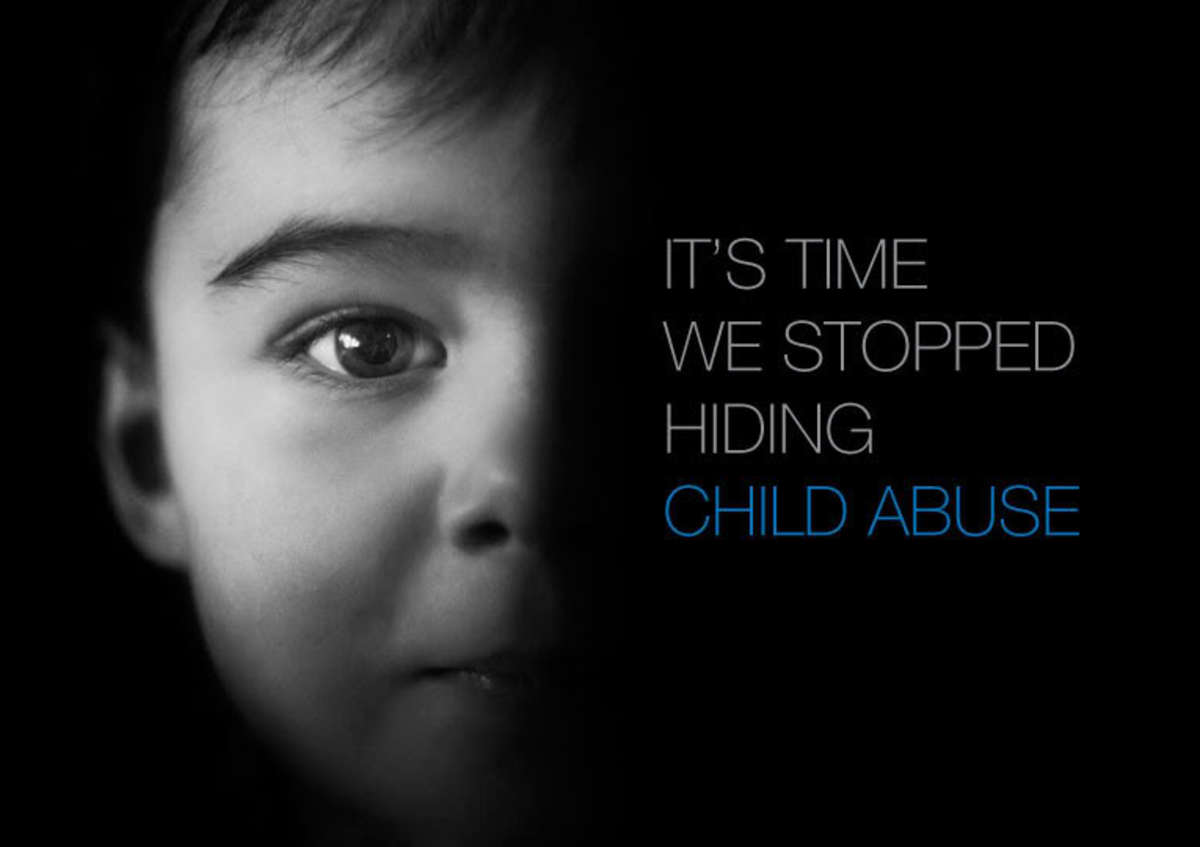Becoming a Guardian of a Child: Coping with guardianship after loss of loved ones

Losing a loved one
It often happens suddenly. Sometimes, people can plan and prepare. To me and my family, both times were sudden and shocking.
In 2009, my husband's stepmother collapsed on the kitchen floor, dying instantly. She was 39 and left behind her 7 year old son. It was tragic and heartbreaking. I was 5 months pregnant at the time and vowed to do all that I could to always be there for my children, and hopefully leave behind nothing but good for them, should I pass on early.
The 7 year old boy was then raised by his father, my husband dad (or my father-in-law, however you want to word it). In 2012, my father in law died of a heart attack at the age of 55. The boy, now 10, was without both parents.
Our children were 2 and 4 years old at the time. My husband also has an older brother and sister-in-law, who has two daughters, both 9 and 12 at the time. Both my husband and his older brother decided to pursue guardianship of their 10 year old brother. They were granted co-guardianship, which is actually rare for a young child. It was left up to all of us to decide everything else. This is when life begins to change.
What comes next?
When bringing a child home with you due to a loss of a loved one, there is no transition. So, you have to immediately create a special space for this child in your home. If you are lucky to have an extra room, whether it is an office or storage space, this can be converted to the new child's room. It is important for them to have their own space to go to if they want to be alone. It is a place where all of their important belongings are, and even a place where they can hang pictures of their parents. If there is no extra room in the house, then often, another child in the home may have to temporarily share his/her space. It can be done.
Dealing With the Grief
All at once you are dealing with the loss of a loved one in addition to helping a young child cope. I learned that it is important to openly express grief by talking about the loved one and sharing good memories. Often, this is still too painful to do, since the wounds are still fresh. Adults may be fearful to express their grief around children, because of their lack of understanding. Based on the child's age, sadness can be talked about in many ways. For example:
- Children can express their feelings through drawing pictures
- Children can look through picture albums or hang special frames on their wall; this prompts conversation.
- They can create a "special box" with important items that remind them of their parent, such as a favorite hat or wallet.
Keeping Children Active
Sometimes, talking about their parents and looking at their pictures may be too confusing for the child. For all children, staying active and still being "a kid" is important even in times of grief. Children express their grief so much differently than an adult. It is best to keep them using up their energy, and keep them busy with activities that stimulate them. This is not to say that you are avoiding grief at all. Instead, it allows for children to have an outlet. Some good activities are outside games, like a trampoline, a swimming pool, a playground. Organized games, like basketball or volleyball are great. Videogames can keep a child focused on reaching a goal.
Along with this though, pushing a child should never be forced. They may not want to get involved in anything, and this is okay. But it is still important to use your encouragement as much as you can. As the adult, you should model this activity when possible.
Don't Talk Adult "Stuff" Around the Grieving Child
In the fresh months after the loss of a loved one, there will be many topics that need to be addressed that only adults should be discussing. For example, life insurance settlements, estate issues, gravestone arrangements, social security (if applicable), space changes, child discipline, extra expenses, and more.
Time should be set aside after the child(ren) are in bed or occupied to discuss these matters. It only causes more confusion when the grieving child is listening in on the conversation.
What About Your Other Children?
The hardest part of introducing a new child to the family, is wondering how your biological children will react. This is usually different depending on the age of your children. Younger children may be more confused by the situation, so it is important for the adults to sit down with them and explain the changes most appropriately. For example, "Uncle Joe is going to be staying with us a lot, so we have to make sure we be friendly and help each other out." Sometimes, the younger children may see it as a fun, new adventure, because they have someone "new" staying with them. Other times, the younger children may act out and be more disobedient since they will be competing for more attention. If attention rivalry begins to happen, it is important to remember that your biological children are going through changes too. Make it a priority to spend special time with that child alone.
In addition to how the children may react, it is imperative that similar rules and limits are the same across the board. The new child in the home should not get any more special treatment than the biological children. At first, there may be a few exceptions to this; however, the sooner the sameness begins, the better it will be for everyone to get adjusted.
What About the Adults?
As a married couple dealing with grief, changes, and a new child in the family, the emotions can become overwhelming. Situations like these can put excessive strain on a relationship. Adults MUST find time for themselves during these times. Take a time out together and go to dinner. Get a babysitter and rent a movie. Adults who put themselves and their relationship high on the list are better parents to both their own children and the new child of the family.
In addition, adults must consider long term choices, such as life insurance policies and Wills. We don't think about these things a lot, but when reality slams you in the face, you have to take action. Visit an attorney to get a Will completed. Taking out a life insurance policy will allow you some peace of mind that your children will have some kind of stability should you leave this world a little early.

Life Will Go On
It is hard to imagine life ever being the way it used to be, and honestly, it won't be. Things will never be "normal" again; instead you will have a "new normal." Once a year has gone by, you can look back and see all of the accomplishments you've made, and the hurdles you've overcome as a family. There will be difficult times, and fun times. That comes with any family. You will begin to see the new child adjust. Often, they will adjust much better than you think. Some adults may opt to include counseling in their journey, and this is okay too. It is never wrong to seek professional advice.
We live and learn. Change is inevitable. Accept it with grace. "Life isn't about waiting for the storm to pass; it's about learning to dance in the rain."





